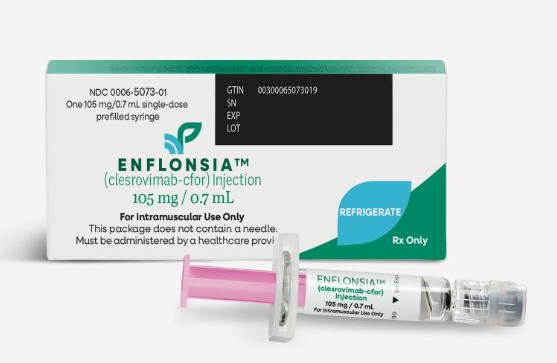- An estimated 4.5 million Americans visit their physician’s office or emergency department annually because of adverse drug reactions.
- Pharmacogenomics may help reduce the number of adverse side effects.
- Cancer is one field in which “personalized medicine” has been in practice long before the term was coined.
Traditionally, treatment is determined by what works for the majority of people. However, the majority is not everyone. And, the flip side of life-saving effects of a popular medicine is the possibility of harmful effects from that same medicine. In the era of personalized medicine, there may be a way to lower the risk of prescription drug reactions through genomics.
The growing medical model of personalized medicine helps predicts how an individual will respond to a drug, i.e., whether the drug will be effective and/or would cause an allergic reaction and other adverse events, and thus customize therapy. Personalized medicine uses an individual’s genetic profile along with other individual considerations, such as weight and age, to take a little bit of the guesswork out of treatment options and predict what is best for that specific person.
Cancer is one field in which “personalized medicine” has been in practice long before the term was coined and has proven quite effective. A 2013 prospective study shows how the personalized medicine approach can improve survival for patients with recurrent ovarian cancer. In the eight-year study, researchers biopsied live cancer cell samples from 262 women to analyze the best course of chemotherapy in an assay test. The patients’ recurrent cancer was classified into three classes: sensitive, intermediate or resistant. Using this information, there was a statistically significant 14-month improvement in overall survival for the study subjects.1
As personalized medicine technologies continue to develop to help patients receive more individualized and effective treatments across several diseases, the industry is also looking to use these tools to decrease the number of adverse events associated with drugs, as the incidence of adverse reactions continues to grow with greater prescription use.
From 2005 to 2007, one report estimated there were 13.5 million adverse drug event-related visits across all ambulatory settings, estimating that 4.5 million Americans visit their physician’s office or emergency department annually because of adverse reactions to their prescription drugs.2
With a focus on drug side effects in the hospital setting, one study recorded more than 2 million hospitalized patients with serious adverse events and more than 100,000 hospitalized patients with fatal adverse reactions. Serious adverse drug reactions accounted for 6.7 percent of all hospitalizations from 1966 to 1996.3 Although it is unclear how many adverse reactions could be prevented, the Institute of Medicine’s “To Err is Human” report in 1999 estimated that 44,000 to 98,000 patients die annually in hospitals due to preventable errors.4
Given these statistics, it is clear there needs to be a change in the health care delivery system to promote safety in prescriptions. There is evidence supporting the use of pharmacogenomics to help reduce the number of adverse side effects.
In a 2012 review of data on pharmacogenomics tests, investigators concluded that overall, pharmacogenomics does play a role in identifying drug responders and nonresponders, as well as avoiding adverse drug reactions and optimizing drug dosing based on the individual.5
Another 2004 study gives several examples on how genetic polymorphisms can affect drug kinetics, drug toxicity and hypersensitivity, thus determining which patients are likely to experience adverse events.6
Pharmacogenetics is still in the early stages, but someday it could be part of routine medical care and help to lower the risk for drug side effects.
References:
1 Rutherford T, Orr Jr. J, Grendys Jr E, et al. A prospective study evaluating the clinical relevance of a chemoresponse assay for treatment of patients with persistent or recurrent ovarian cancer. Gynecologic Oncology 2013.
2 Sarkar U, Lopez A, Maselli JH, Gonzales R. Adverse Drug Events in U.S. Adult Ambulatory Medical Care. Health Services Research 2011;46.
3 Lazarou J, Pomeranz BH, Corey PN. Incidence of adverse drug reactions in hospitalized patients: a meta-analysis of prospective studies. JAMA. 1998;279:1200-5.
4 Institute of Medicine. To Err is Human: Building a Safer Health System. IOM Report. Nov. 1, 1999.
5 Wei C-Y, Lee M-T M, Yuan-Tsong C. Pharmacogenomics of adverse drug reactions: implementing personalized medicine. Human Molecular Genetics. 2012.
6 Severino G, Del Zompo M. Adverse drug reactions: role of pharmacogenomics. Pharmacological Research 2004;49:363-73.











